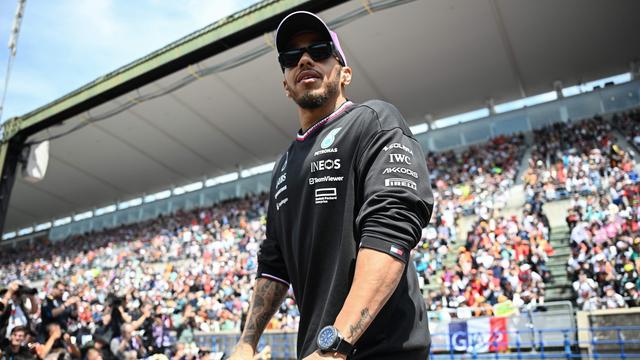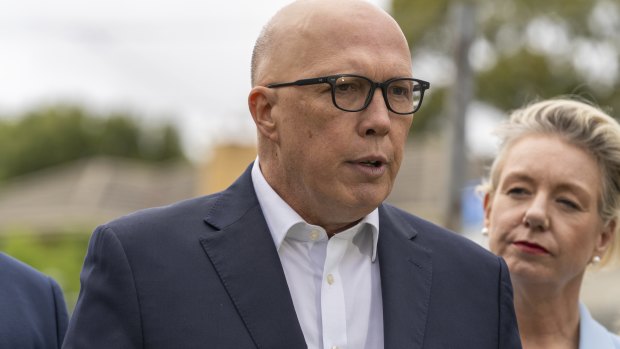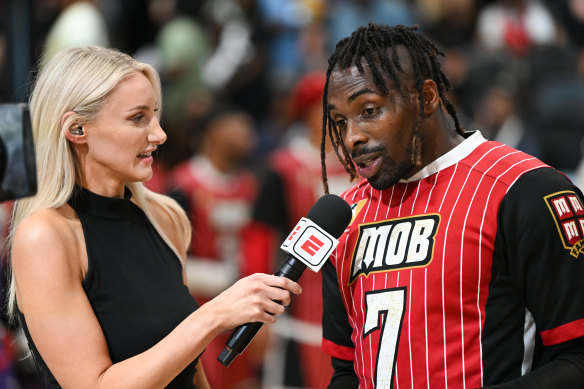
Las Vegas: At Circa Resort and Casino on Fremont Street in Las Vegas, they choose carpet that best matches the colourful suits of colourful owner and bookmaker Derek Stevens.
The 56-year-old owns several downtown casinos and is known to regularly stroll the gaming-room floors, stopping to chat with patrons – something that would be unheard of at the MGM Grand, Bellagio or any other of the gambling monoliths on the Strip.
In the sportsbook area at Circa, TV screens broadcasting live matches and current odds are so large and bright that they radiate a gentle heat onto transfixed gamblers who kick back in cushioned seats while sipping alcohol like it’s their lounge room.
In one corner, a Sportsbook Gambling Hall of Fame features gold plaques that honour the legendary bettors and bookmakers of Vegas past.
One belongs to Frank “Lefty” Rosenthal, who Robert De Niro portrayed in the Martin Scorcese film Casino. According to the inscription, he was “known for blending charisma with customer service while interacting with casino patrons”.
Stevens is often cast in a similar light. Sitting in one of the sportsbook’s booths, he says you only need one thing to hook a gambler.
“You want people to immediately have an opinion,” he says. “They might think the [points] spread is either too high or too low. I can’t believe they’re that much of an underdog. All you want is for them to have an opinion.”
Casino owner Derek Stevens believes that gambling should be the entry point for American sports fans to rugby league.Credit: Getty
But will they have an opinion about the NRL, which is opening the season with an ambitious and historic double-header at Allegiant Stadium on Sunday (AEDT)?
“We’re hoping people come in today, hit the windows, and max-bet this thing all night long,” he laughs.
For all the reasons tossed up about why the NRL has decided to hit Vegas, the No.1 priority for ARL Commission chairman Peter V’landys is to ride the wave of US sports betting, which has exploded since the Supreme Court in 2018 overturned legislation previously banning it.
As it stands, 38 of 50 states have legalised sports gambling, although that doesn’t include two of the country’s biggest: California and Texas.
For an example of how vast sports wagering is booming, consider this: US$23 billion was gambled on the Super Bowl in February.
V’landys, who has a deep understanding of the wagering market in his role as Racing NSW chief executive, wants a slice of that pie.
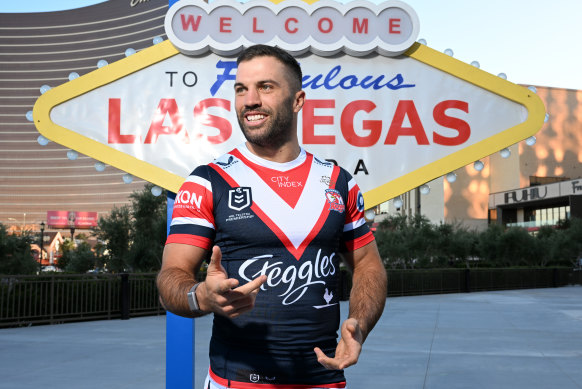
Roosters skipper James Tedesco poses for photos outside Resorts World in Las Vegas on Wednesday evening.Credit: Grant Trouville/NRL Photos
One possibility is to partner with one of the leading US online bookmakers like FanDuel, giving them exclusive access to content and statistics.
“We’ve consulted some of the big punters in Vegas who bet on NRL, but we still don’t know what the best model is,” V’landys says. “We want to give them exclusive vision of games and profit-share on the betting. It’s worked well for sports in Europe that are in a similar time zone. After this trip, we’ll have a path for the future.”
Stevens warns the NRL against this strategy. “You don’t want to partner with one,” he says. “It’s important that you’ve got all the sportsbooks.”
DraftKings director of sportsbook operations, Johnny Avello, reckons the NRL isn’t wasting their time in trying their hand in the US market.
But, as a kid from New Jersey who started in this town in 1979 rolling dice and is now considered an industry legend, he’s realistic.
“It’s worth the shot,” he says. “It’s possible to gain some share. The NRL is our most popular rugby league that we book here in the USA, but the handle is small. The bettors are still learning about it. When you look at the rugby [sic] interest in America, it’s low. Only 3000 Americans are signed up on the NRL streaming service. These matches are a chance to show American viewers what the game is about. ”
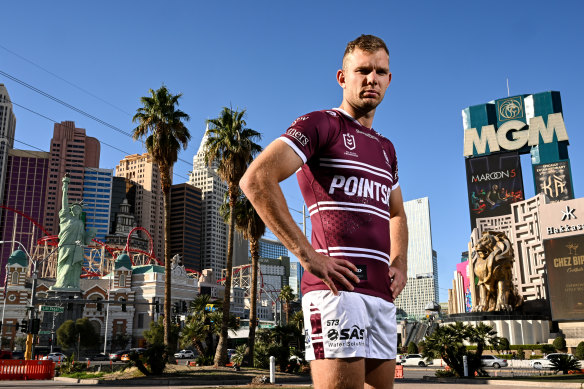
Manly star Tom Trbojevic in Las Vegas.Credit: Getty
Does he ever envisage a day when Americans are betting vast sums on the NRL?
“A network like ours goes across 26 states, and we’re going to have rugby [sic] followers and bettors who eat and live this all the time,” Avello says. “Will the masses do that? No.”
There’s growing curiosity in the game, though. Stevens and Avello are fascinated by the rules around conversion attempts.
“What I like about the National Rugby League that’s better than NFL is where you score your touchdown — your try — that’s where you kick the extra point,” Avello says.
‘When they bet on the games, Americans will start learning and paying attention.’
Derek Stevens
Stevens, who watched the Manly-Brisbane trial match last week to learn more about the sport, couldn’t believe any player on the field can take the kick, as opposed to the NFL in which specialist kickers are used.
“Yeah, the little, skinny guy that nobody likes,” he says. “Imagine Tom Brady scoring a touchdown then being asked to take the kick.”
On the floor above Circa’s sportsbook room, a broadcast studio for Vegas Stats and Information Network (VSiN) airs sports betting information 21 hours a day.
One of their leading hosts, Stormy Buonantony, will attend the NRL matches on Saturday night, Vegas time.
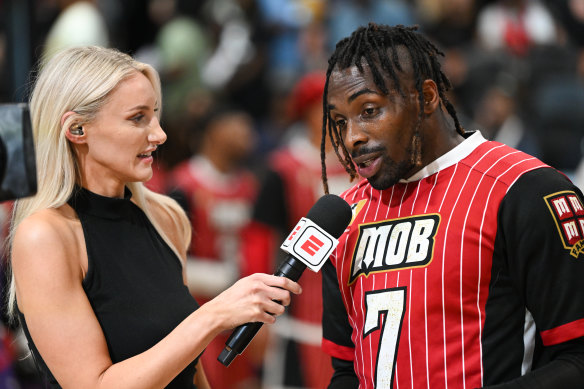
Award-winning journalist Stormy Buonantony will attend the NRL matches in Las Vegas.Credit: Getty
“My husband has friends in town and his uncle lived in Australia for a time,” the four-time Emmy-winning journalist says. “I’ve never seen a professional rugby [sic] game before, only college.”
Will she bet on it?
“Probably,” she says. “I’m looking at the Roosters’ price. I need to have some skin in the game.”
One problem the NRL faces is California, which is the US state most time-zone friendly for rugby league but also the one resisting the legalisation of sports betting the most.
The next public vote on the matter isn’t until November 2024. Even then, some analysts believe it could take five years before it will become available — which is the length of the NRL’s deal with the Nevada Commission on Tourism.
V’landys is adamant it could be sooner because of the taxes that flow back into the state. “They won’t be able to stop it,” he says.
Non-government sports betting has been legal in Australia since 1993, and online bookmaking came three years later.
As US wagering blossoms, there has never been as much focus in Australia on problem gambling as now. Restrictions around advertising for bookmakers, as well as pressure on major codes like the NRL and AFL to cut any links to wagering, are starting to rein in the industry.
That’s concerning for the NRL when wagering is its second biggest revenue-earner each year after TV and digital broadcast monies.
Cast this against someone like Stevens, who argues that gambling should be the entry point for American sports fans to rugby league.
“When they bet on the games, Americans will start learning and paying attention,” he says. “Whatever the NRL can do to get someone to make a wager is helpful. The athletes are spectacular. They present well. There’s no helmet, you can see their faces: there’s a personality there. You can tell when he’s upset, when he’s pissed off. This can really grow. The key is getting people engaged and the key to that is getting them putting a $20 bet on it.”
That doesn’t mean his sportsbook will take bets on it beyond this weekend. In fact, Circa has so far been the only casino I’ve visited that’s offered odds on the matches.
“Opened last night,” says Keith, one of the floor operators at Circa.
Had any bets?
“None.”
Nevertheless, Stevens says the NRL has picked the right place to gamble the rent money.
“That it’s in Vegas means there’s a unique curiosity,” he says. “I’ve got a lot of texts and questions with people saying, ‘What’s all this?’”
The NRL paid for part of the author’s trip to Las Vegas.
Sports news, results and expert commentary. Sign up for our Sport newsletter.
NRL is Live and Free on Channel 9 & 9Now
Most Viewed in Sport
Source: smh.com.au
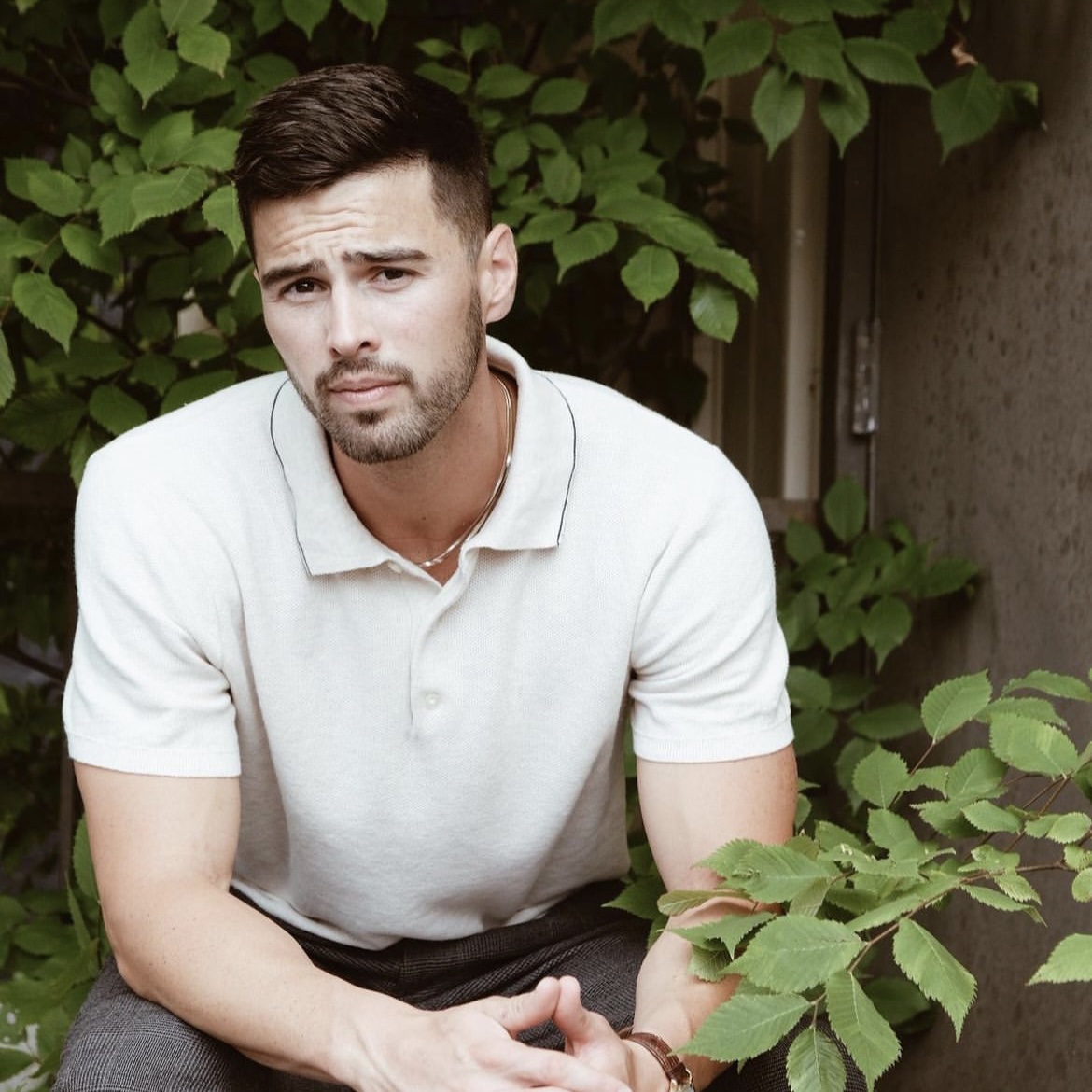
George Barham, an accomplished journalist and avid gambling enthusiast, serves as the esteemed Editor-in-Chief at fly-to-australia.com, Australia’s leading source for comprehensive gambling news and insights. With an unwavering passion for both the written word and the ever-evolving world of betting and gaming, George brings a wealth of knowledge and expertise to the helm of our editorial team.


